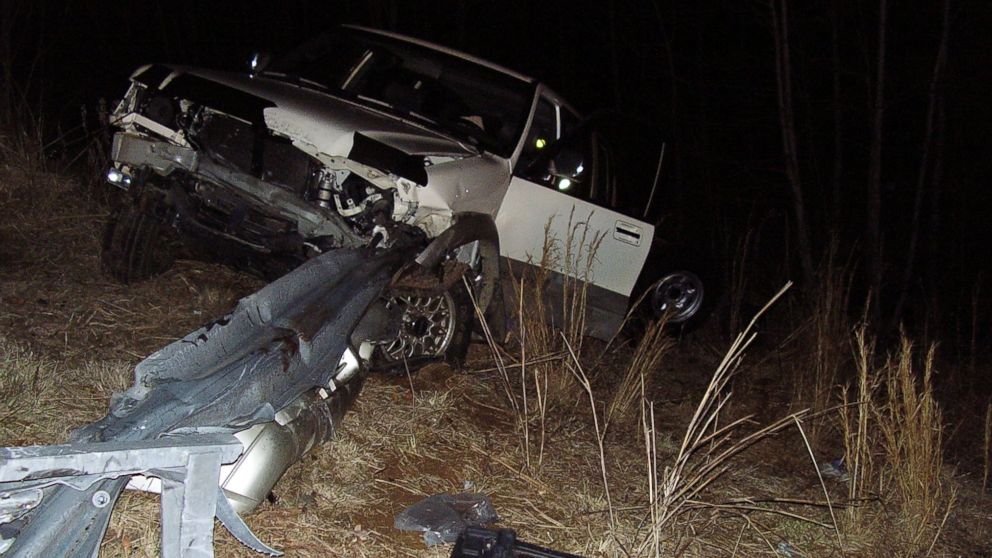Massive verdict in guardrail case overturned
Court says “no fraud” by guardrail company, reverses $600 million judgment.

— -- A massive verdict that found a company had defrauded the government over a guardrail blamed for gruesome accidents was reversed Friday, a blow to a case that ultimately affected highways on states throughout the country.
In 2015, Trinity Industries was found by a Texas court to have committed fraud for switching out one guardrail design for the other without telling state or federal officials until years later and was ordered to pay more than $600 million in damages and penalties.
On Friday, the 5th Circuit Court of Appeals, which has had the case for two years, “reversed and rendered” the Texas verdict, leaving the plaintiffs to mull an appeal to the Supreme Court.
Attorneys for the plaintiff, Josh Harman, didn’t immediately provide a response to the Court’s opinion or plans for an appeal.
The ET-Plus guardrail system, made by Trinity Industries, was the subject of an ABC News investigation in 2014, which examined allegations from accident victims that the guardrail’s design was flawed, making them potentially dangerous to motorists when struck from the front with a vehicle.
The federal case didn’t focus on safety issues but rather if the US government had been defrauded when Trinity made a change to the guardrail design that it failed to disclose to safety inspectors.
The change in 2005 involved trimming the width of a metal piece of the end terminal down from five inches to four, a modification that a company employee estimated at the time would save the company $50,000 per year. But Trinity failed to tell state or federal safety inspectors about the change until 2012, by which time the new guardrail end terminals had been installed on roads nationwide.
Accident victims and Josh Harman, a competitor of Trinity who brought the Texas lawsuit, claim that the guardrail modification can cause the end terminal to malfunction when a vehicle strikes it from the front. Rather than the guardrail ribboning out to absorb the impact as it’s designed, sometimes the guardrail locks in place, spearing straight through the vehicle and any occupants who happen to be in its way.
Trinity has continually maintained that the guardrails are safe and that federal crash tests conducted in 2015 that were prompted by the verdict have given the guardrails a passing grade.
But the massive federal verdict rippled through state departments of transportation and dozens of states halted sales of the guardrails, with Virginia DOT announcing it would begin replacing the controversial guardrail.
The Court’s opinion, in finding for Trinity Industries, pointed out that the government has never removed the ET-Plus from its highway products eligibility lists, writing, “When the government, at appropriate levels, repeatedly concludes that it has not been defrauded, it is not forgiving a found fraud – rather it is concluding that there was no fraud at all.”
Trinity Industries spokesperson Jeff Eller said in a statement, “We are pleased the court overturned the verdict. As this court has previously noted, the federal government has consistently reaffirmed the ET Plus System meets all federal safety performance standards. This ruling affirms our longstanding belief that the ET-Plus System is safe and no fraud was committed. We are proud of standing strong and fighting for our beliefs.”




